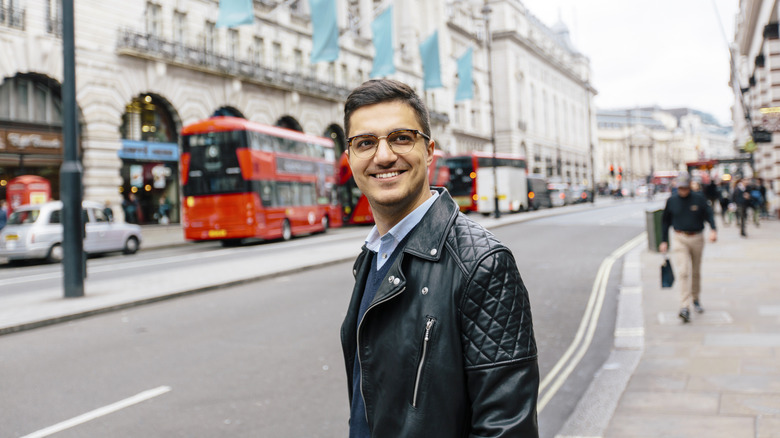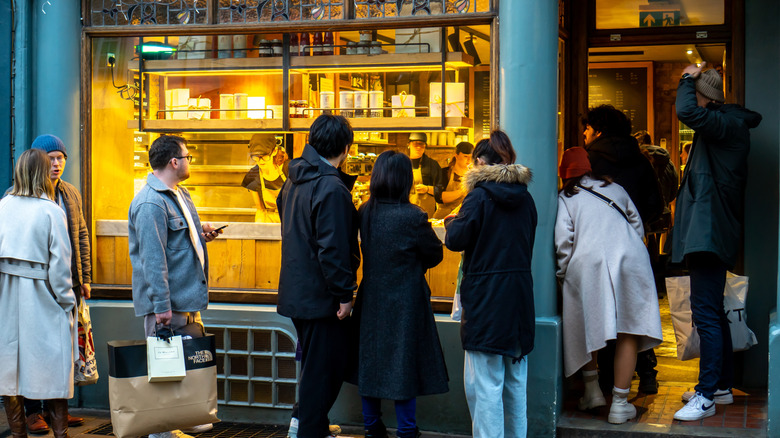With a combination of rich history, stunning landscapes, and vibrant cities, the United Kingdom draws more than 100 million annual visitors hoping to experience British charm and explore iconic landmarks. From the ancient megaliths of Stonehenge and bustling streets of London to the solo traveler’s paradise of Edinburgh and the picturesque Lake District, it’s no secret that the U.K. offers a wide variety of experiences and opportunities to see the best of British culture and heritage.
That said, when it comes to visiting the U.K., understanding local customs and expectations can help you smoothly navigate social situations and avoid awkward encounters. From learning about the common mistakes tourists make on the London Underground to mastering proper tea etiquette, respecting personal space, and even knowing when to apologize, British etiquette is generally straightforward but important. Out of all the customs and traditions, there’s one unspoken rule that’s typically held to a higher standard: the importance of queuing properly.
The British relationship with queuing runs surprisingly deep in their cultural identity. Dating back to the Industrial Revolution (and further cemented during the rationing of World War II), standing in line has evolved beyond mere practicality into a symbol of fairness and social order. Unlike some European countries where shuffling and jostling for position might seem like a normal part of daily life, in the U.K., queue-jumping is considered a serious breach of etiquette. After all, Brits value patience and fairness in public spaces; forming (and respecting) an orderly queue represents all of these values in action.



